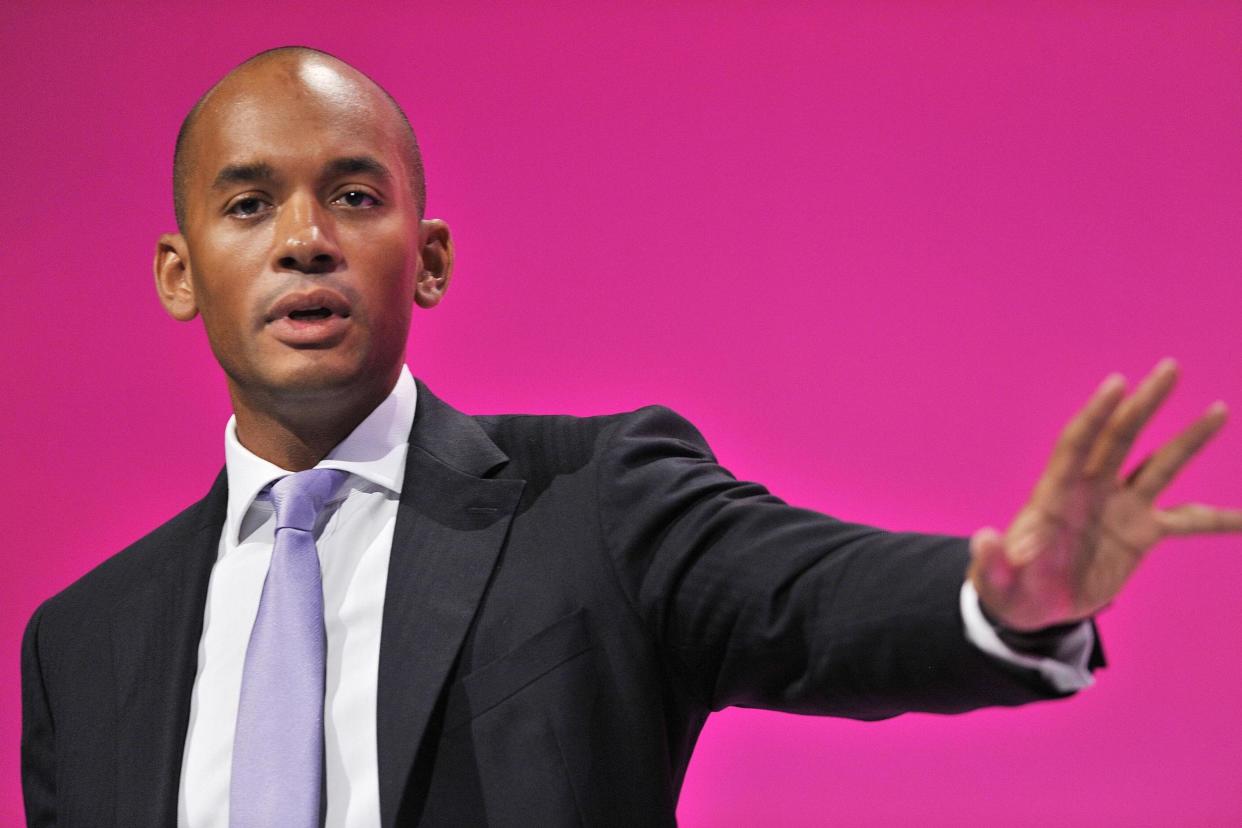New warning that Britain must accept EU rules if it wants close trade links

Britain will have to accept many of the rules in EU law if it wants a close European trading relationship rather than “floating free into the middle of the Atlantic”, a legal expert has warned.
Former European Court of Justice judge Sir David Edward echoed views voiced by an ex-government legal chief that the UK would not be able to sever links with the EU legal system if it wanted as frictionless as possible trading arrangements after Brexit.
Sir Paul Jenkins, permanent secretary to the Attorney General from 2006 to 2014, warned at the weekend that the UK would continue to have the European Court of Justice “in all but name” if it did not want “hard borders” with Ireland and other EU nations.
Today Sir David told BBC radio that the UK could opt for a hard Brexit which would see it “float free into the middle of the Atlantic and away from the Republic of Ireland and away from other European countries”.
But he added: “If we want to trade, to create a level playing field between us and the EU 27, then we would have to replicate many of the rules that are in EU law.”
The Government is publishing a series of Brexit positions papers as it seeks to inject momentum into talks with the EU. One will be on legal arrangements.
Brexit Secretary David Davis is expected to propose a “new and unique” court to deal with disputes between the UK and the EU. It would be similar to the European Free Trade Association court which deals with cases between Norway, Iceland and Liechtenstein and Brussels.
Sir Paul, now an associate member of barristers Matrix Chambers, stressed: “In reality, any new court will have to follow what the ECJ says about the EU’s own rules … we will have the ECJ in all but name.”
Any failure to fully cut links with the ECJ is likely to be seized on by hardline Brexiters as a betrayal.
However, senior Labour MP Chuka Umunna, who is campaigning for Britain to stay in the single market, stressed it was becoming clear that the Government would not be able to deliver the Brexit that millions believed they had been promised.
Many thought that the UK would continue to get the economic and trade benefits of being in the EU, would not be poorer, and would get £350 million extra a week for the NHS. “All these are proving to be impossible in the negotiation process,” Mr Umunna said.
Meanwhile, New Zealander Crawford Falconer, Britain’s new trade negotiation adviser, suggested that new trade deals could make the world a safer place, saying: “History is littered with instances of the destructive political consequences of closed markets.”
He signalled a focus in trade talks on the City and other services which account for two-thirds of the economy. “It’s clear where UK interests actually lie,” he added.
The boss of the restaurant chain Yo! Sushi has warned that his industry may face a “whole ocean of pain” if Britain does not secure a strong Brexit deal. Robin Rowland said that restaurants would struggle to recruit enough qualified staff.

 Yahoo News
Yahoo News 
